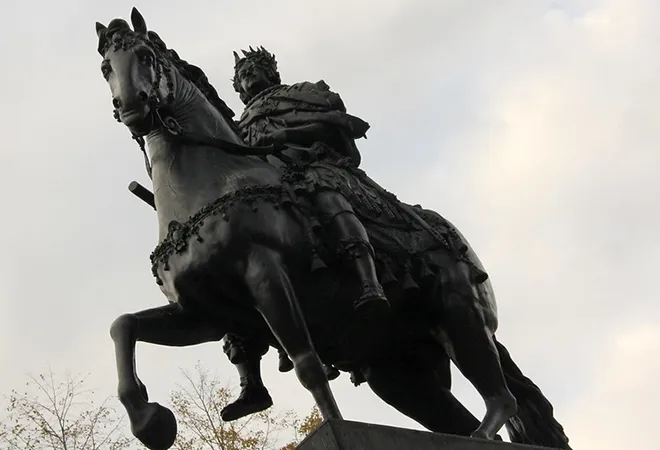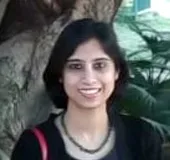 This article is part of the series — What to Expect from International Relations in 2021.
This article is part of the series — What to Expect from International Relations in 2021.
The geographical stretch of Russian territory, occupying a vast expanse from Europe to Asia, automatically confers on it the status of a Eurasian power, along with interests that accompany the proximity to various power centres of the globe. This acquired renewed importance in the post-Soviet period, as disenchantment with the West steadily grew, is leading to the search for an identity distinct from Europe. But in terms of gaining popularity as a focal policy measure, Eurasia has had a more recent revival.
The announcement came in 2011 of the aim to set up a Eurasian Union as a supranational institution that would become ‘one of the poles in the modern world and serving as an efficient bridge between Europe and the dynamic Asia-Pacific region.’ The Eurasian Economic Union came into force in 2015 with the membership of Russia, Belarus, Kazakhstan, Armenia and Kyrgyzstan. As of now, it remains an economic union without active political coordination among member states.
In terms of gaining popularity as a focal policy measure, Eurasia has had a more recent revival.
Even as this idea was still developing, a virtual breakdown of relations with the West in 2014 further cemented the vision towards the East, where Asia was emerging as the new power centre of the world. An acknowledgement of this shift was reflected in the 2016 announcement of Greater Eurasia, a concept that is much more broad-based than the Eurasian Union, encompassing both geostrategic and geo-economic dimensions, and ‘stretching from the Atlantic to the Pacific.’ As per foreign minister Sergei Lavrov, it seeks to involve members of the Eurasian Economic Union (EAEU), Shanghai Cooperation Organisation (SCO), ASEAN and all other countries of the Eurasian continent, including the EU countries.
The idea places Russia in a unique position with a distinct role in regional and global affairs. Scholars also tie this to a connection among old civilisations in the region while also arguing for creation of a structure where China would not be a hegemon. Nevertheless, the structural dimension of Greater Eurasia remains unclear at present.
While the EAEU is at the centre of economic institutionalisation of this vision, with an agreement to link it to the Belt and Road Initiative to form a broader Eurasian partnership, joint projects are yet to take off. While Free Trade Agreements have been signed or are being negotiated with some other countries, these have not taken place within the framework of Greater Eurasia. As the leading economy in the Union, Russia is yet to emerge as a strong economic player in Asia with looming concerns regarding overdependence on China and its ties with the EU having suffered on account of Western sanctions. On the political front, the institutionalisation looks even trickier, as EAEU members have resisted greater political coordination within the organisation’s framework. The challenges of focusing on organisations like SCO and RIC to actualise the Greater Eurasian vision have increased manifold, as India and China witness a rise in competition alongside heightening US-China rivalry.
For its vision to be realised, Russia would have to improve ties — political and economic — across the vast Eurasian landmass.
Meanwhile, the Russian government continues to increase its engagement with Asia, the Middle East, Central Asia, and the Arctic. As it continues to build on its Eurasia plans, the vision remains an expansive, long term one in a region where China has emerged as the key power. For its vision to be realised, Russia would have to improve ties — political and economic — across the vast Eurasian landmass amid the challenges listed above. The developments around Eurasia still remain of fairly recent origin and it is too early to make a call on their success or failure. However, the significance of the move can hardly be underestimated as Russia moves its identity away from being a European power and engages in rebuilding its role in an emerging world order.
The views expressed above belong to the author(s). ORF research and analyses now available on Telegram! Click here to access our curated content — blogs, longforms and interviews.



 This article is part of the series —
This article is part of the series —  PREV
PREV


